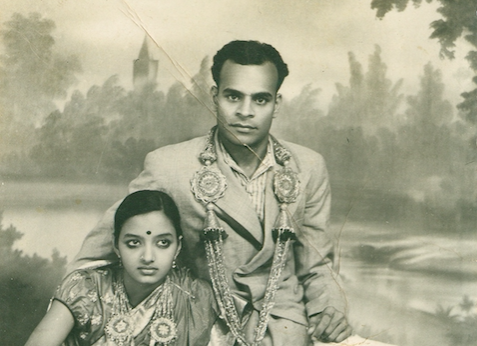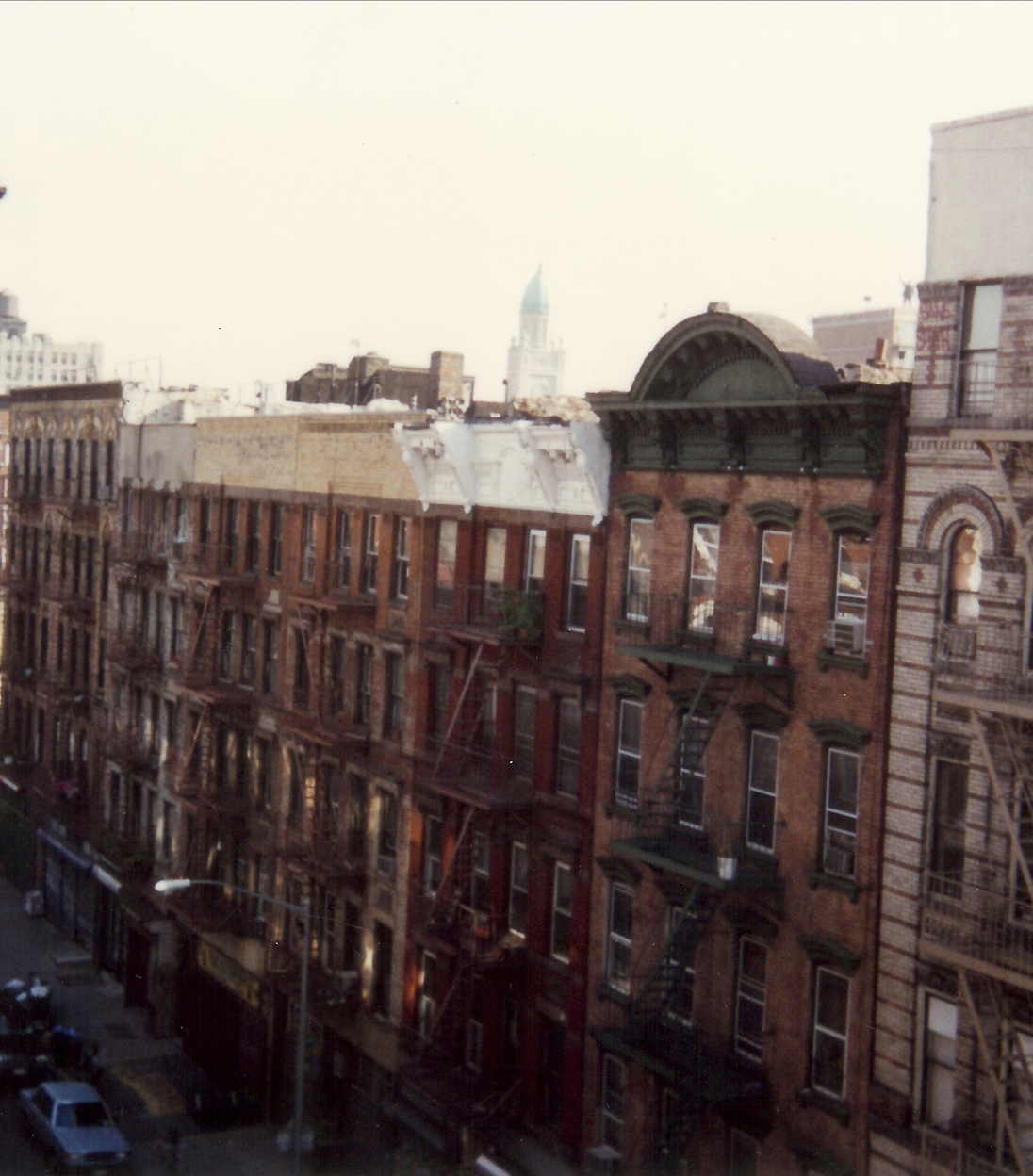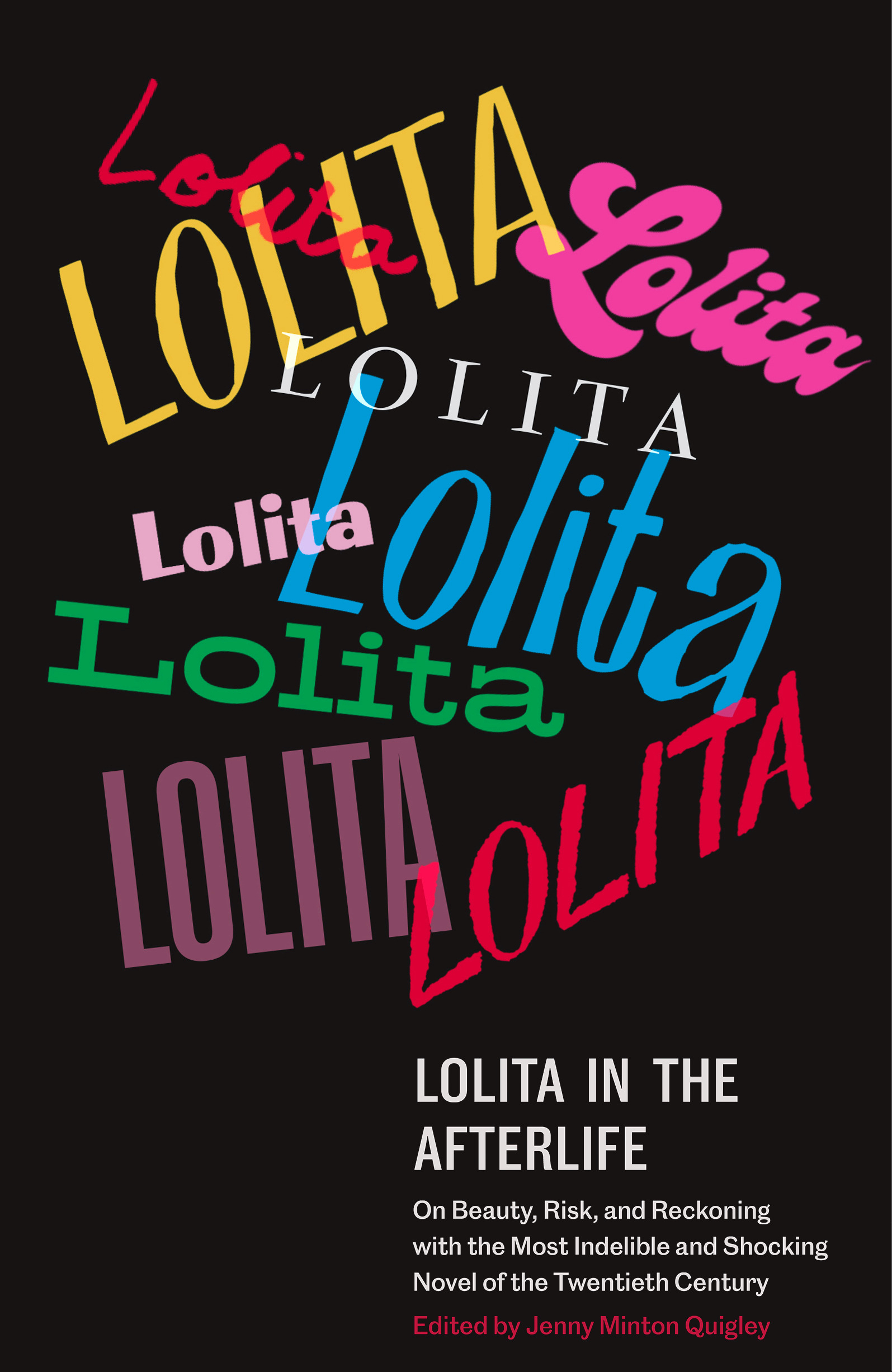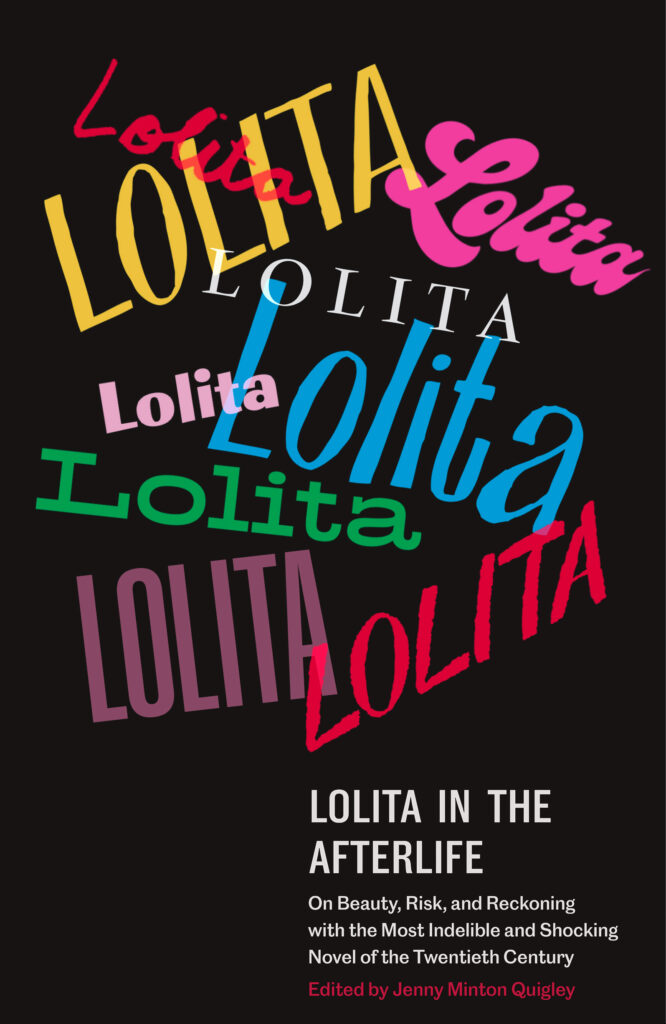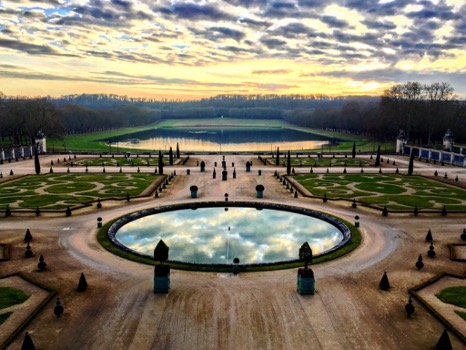By HISHAM BUSTANI
Translated by MADELINE EDWARDS
Morocco has long been associated in the Arab imagination with magic and superstition, casting off mystical curses and exorcising jinn from the body. The word “al-Moghrabi” (“the Moroccan”) has itself become yet another qualification claimed by those who work in this parallel world, adding it to their names, some going so far as to christen themselves “Sheikh from Morocco.” These are the men one hears about from time to time, those who help ancient treasure-seekers get their hands on spell-protected troves, perhaps of the sort guarded by serpents.



